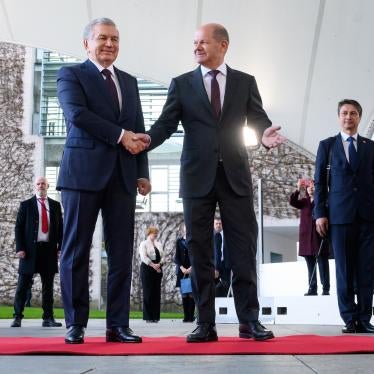Abused by Relatives, Ignored by the State
Domestic Violence Against and Neglect of Women and Girls with Disabilities in Kyrgyzstan

Kyrgyzstan has a dynamic political landscape, but shortcomings in judicial independence and accountability for law enforcement erode Kyrgyzstan’s democratic progress. Long-term human rights concerns have heightened since President Sadyr Japarov won a snap election in January 2021. Pressure on civil society has increased as have legal actions against independent journalists and media. The death in custody in 2020 of human rights defender Azimjon Askarov leaves a stain on the country’s reputation, as Kyrgyzstan continues to deny justice to victims of the June 2010 interethnic violence. Kyrgyzstan has sought to tackle domestic violence, but impunity for this widespread problem persists. Several foreign human rights workers remain banned from Kyrgyzstan. Border conflicts with Tajikistan have resulted in many deaths and serious human rights violations.


Domestic Violence Against and Neglect of Women and Girls with Disabilities in Kyrgyzstan

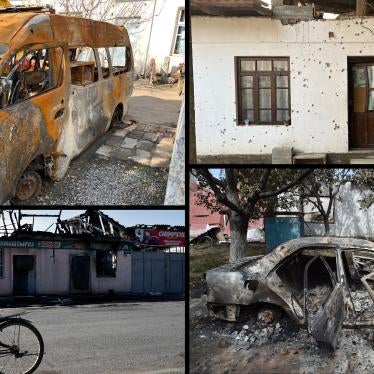
Justice Needed for Lethal Attacks on Civilians
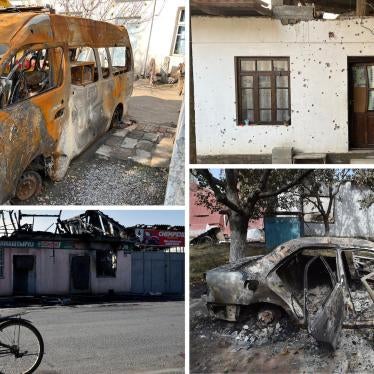
Institutionalization and Barriers to Education for Children with Disabilities in Kyrgyzstan
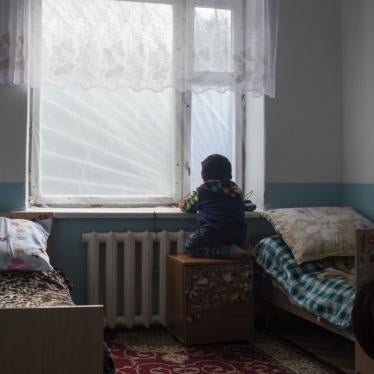
Reject ‘Foreign Representatives’ Bill; Uphold International Rights Commitments
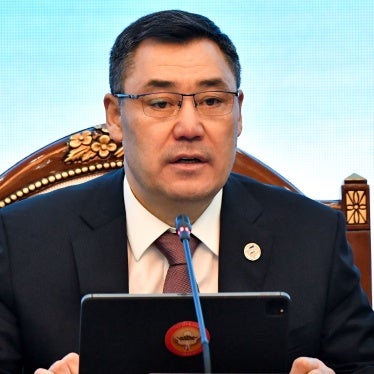
Reject ‘Foreign Representatives’ Draft Law; Guarantee Freedom of Association

Western States Should Push for Concrete Reforms
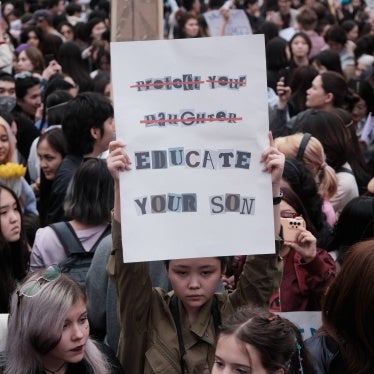
Drop Charges and Free Him; Ensure Rights to Expression, Peaceful Assembly

How HRW Uses the Latest Technology to Corroborate and Reconstruct Events and Draw Conclusions

Build on Progress by Tackling Discrimination, Revising and Enforcing Laws

Demand That Partners Fulfil Rights Obligations or Face Prospect of Losing Preferential Trade Access

Reject Bill, Guarantee Freedom of Association
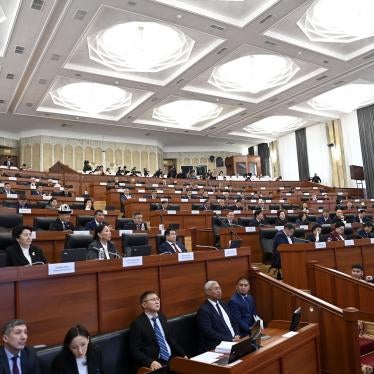
Berlin’s Strong Stance on Region an Opportunity to Promote Rights Protection
